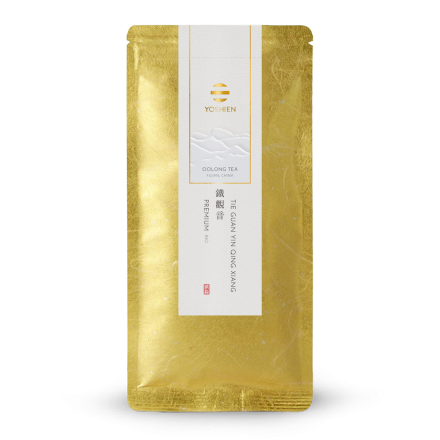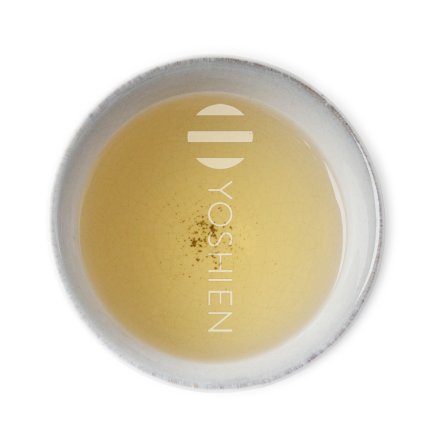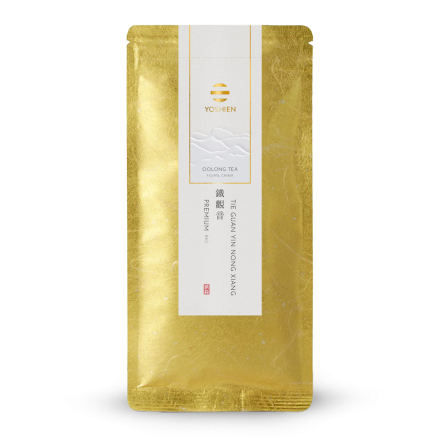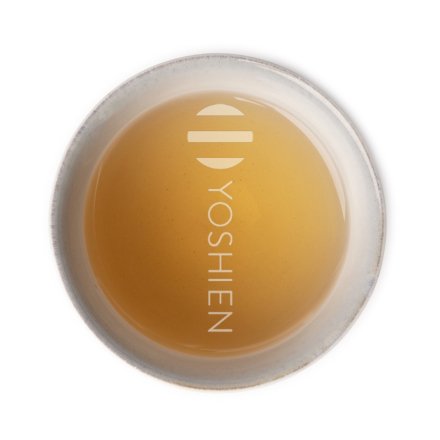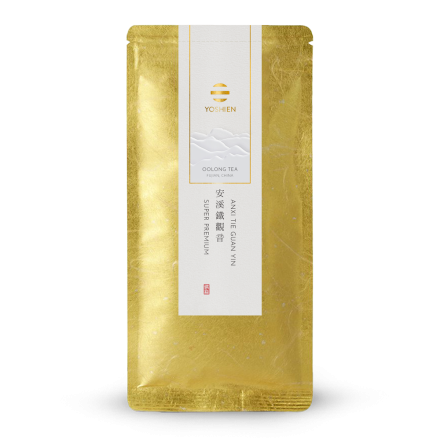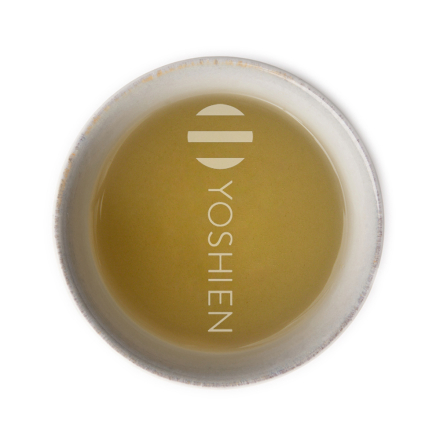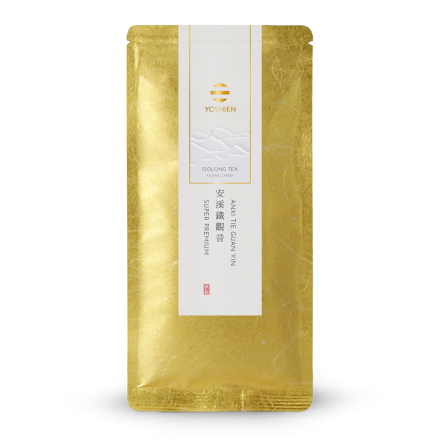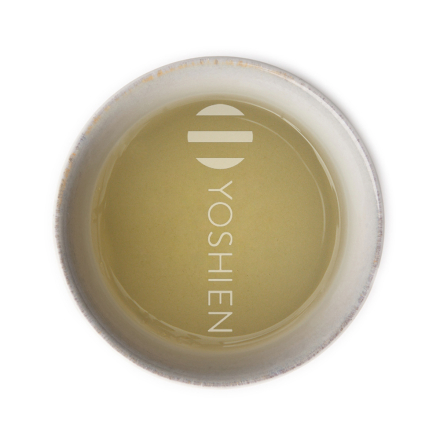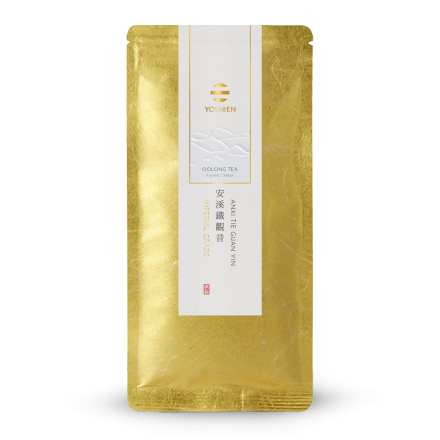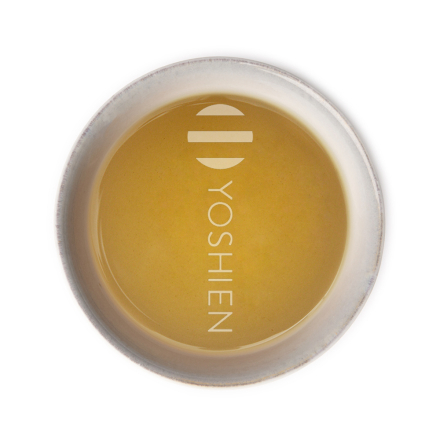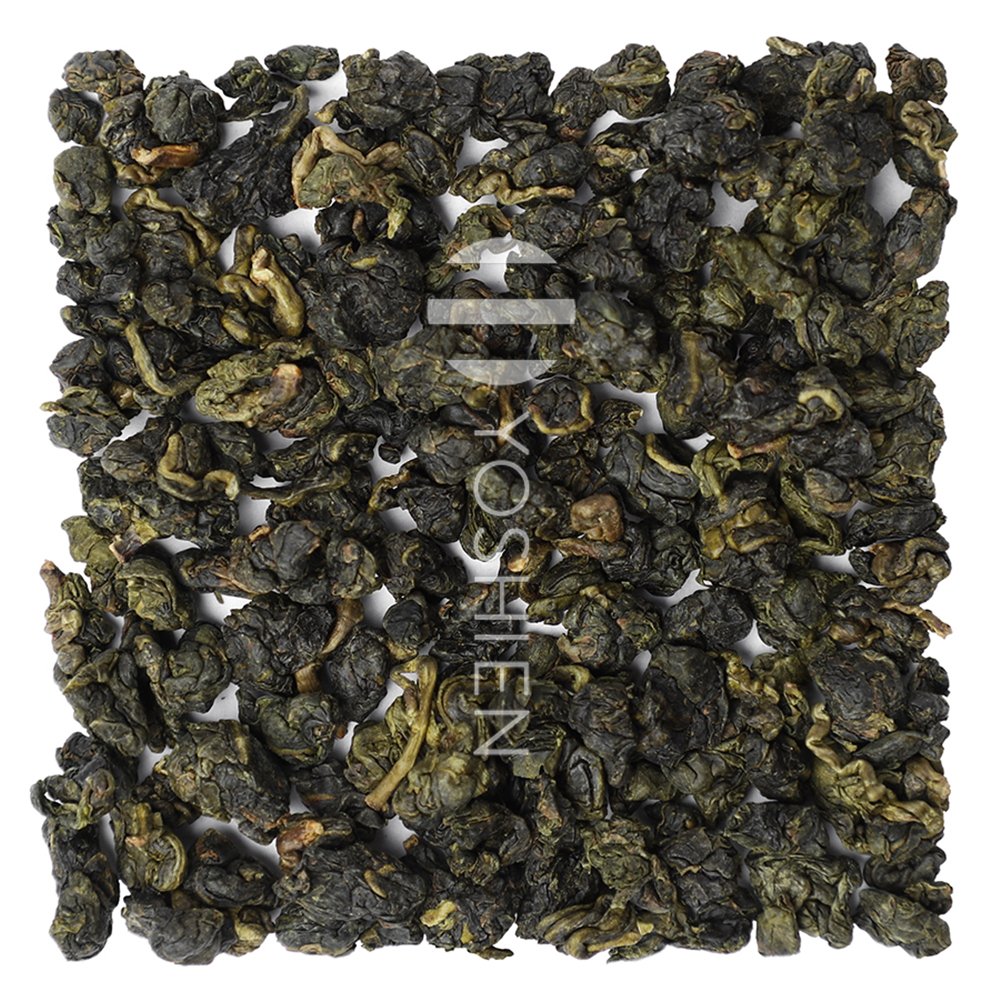Tieguanyin
One of the most esteemed Oolong teas, named after the Buddha of Compassion, originating from Fujian province in China. We offer two exceptional organic Tie Guan Yin teas, perfect for discovering the characteristic floral notes or roasted flavours depending on the degree of roasting: Qing Xiang (light roast) and Nong Xiang (deep roast). In addition, we have a selection of four Tie Guan Yin teas sourced directly from Anxi in Fujian, the birthplace of this iconic variety.



